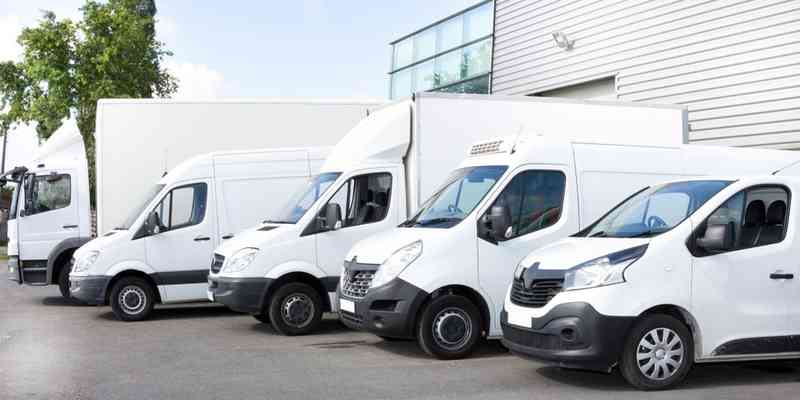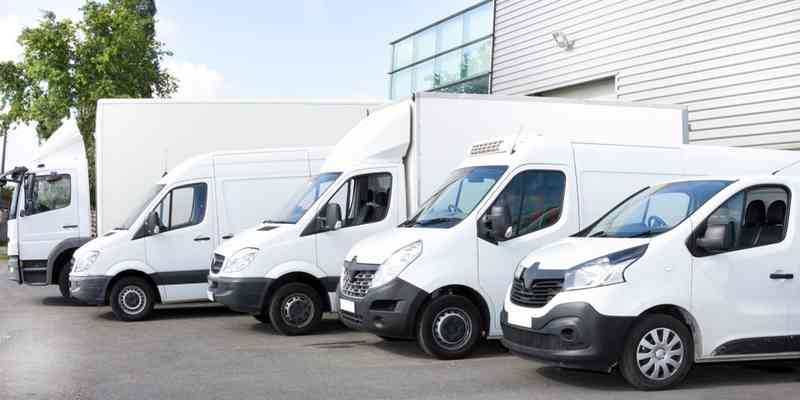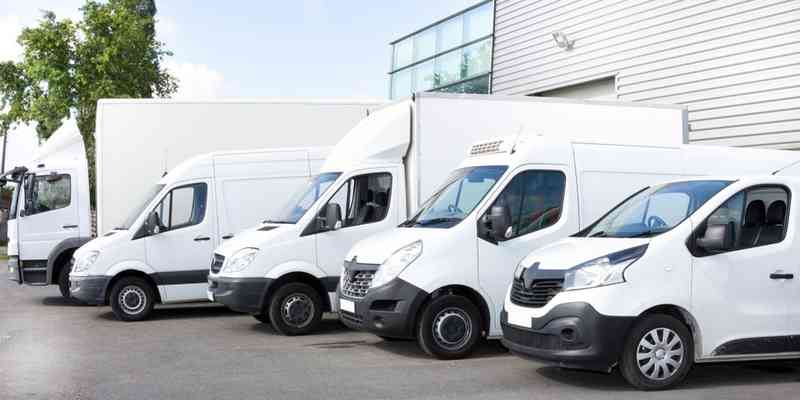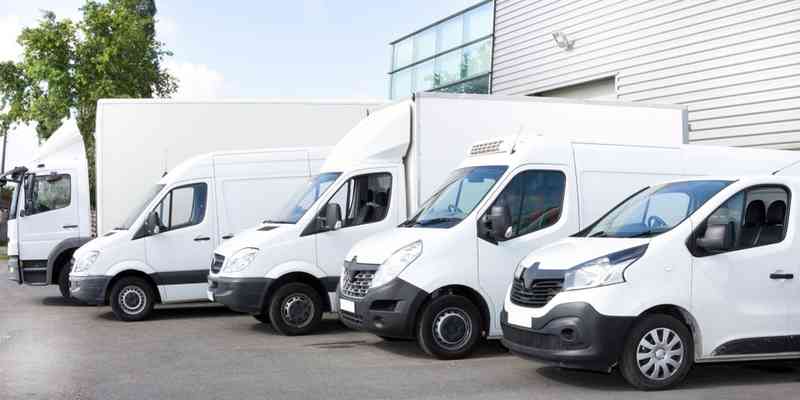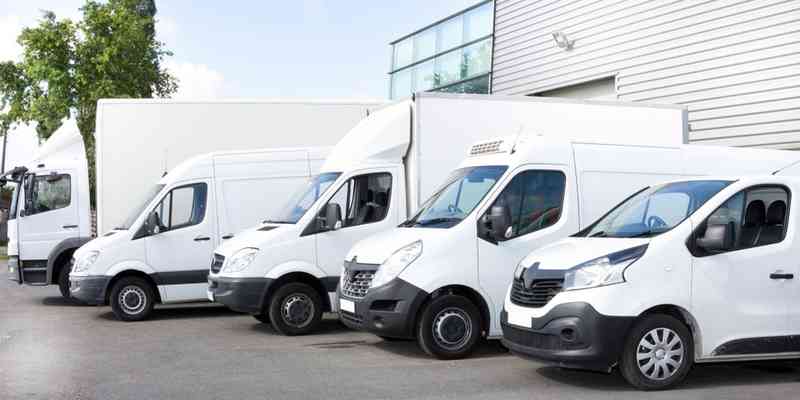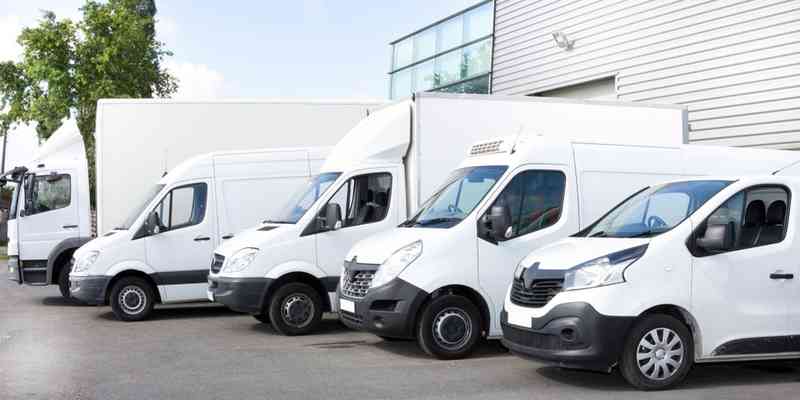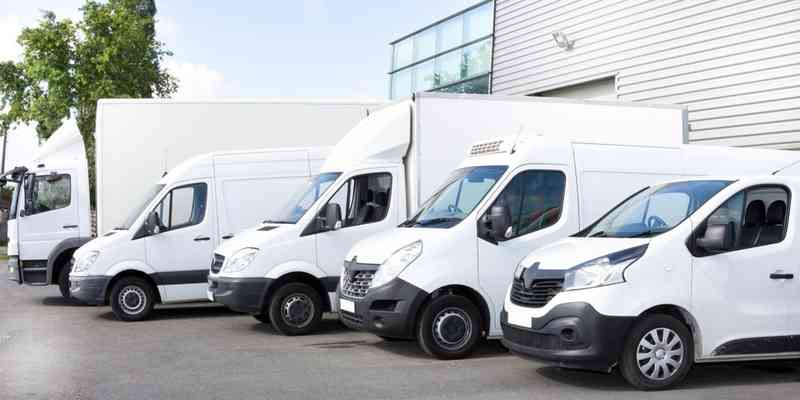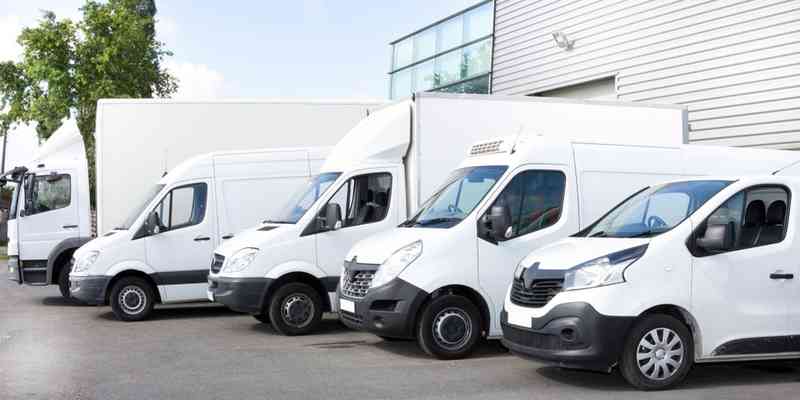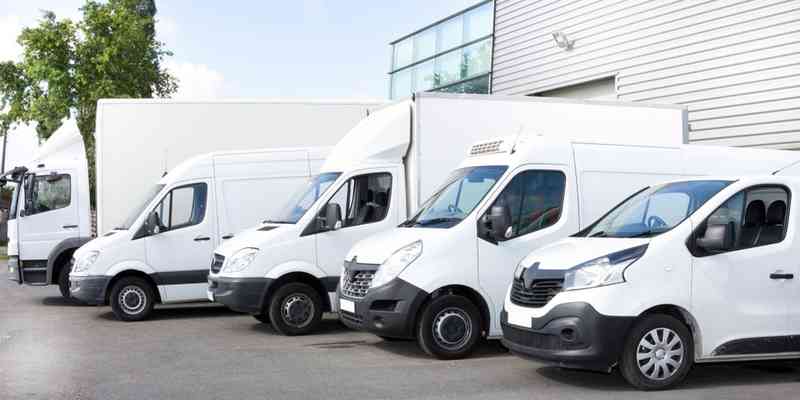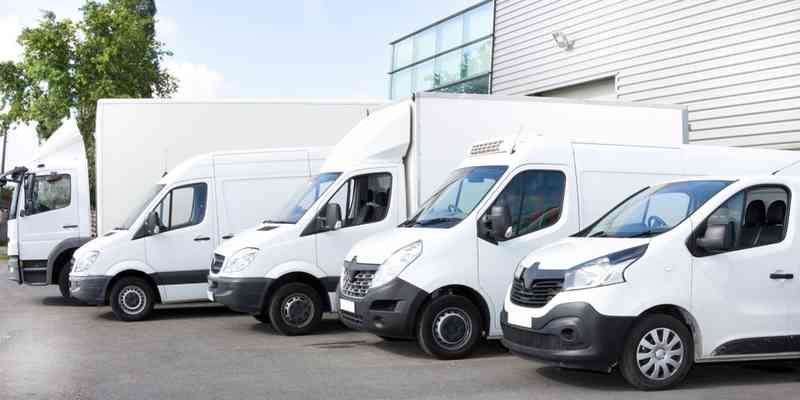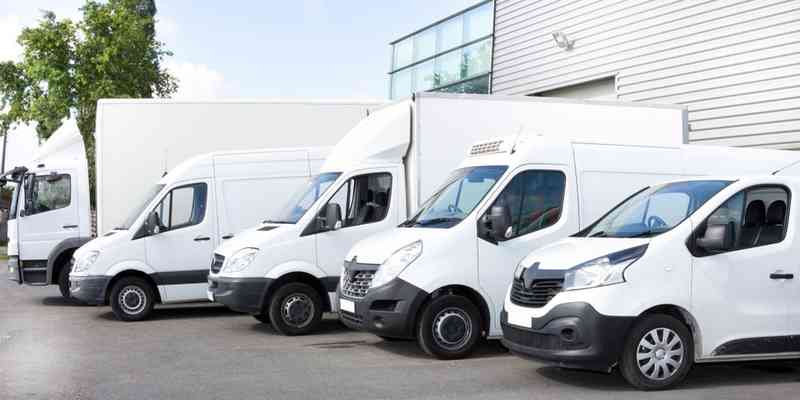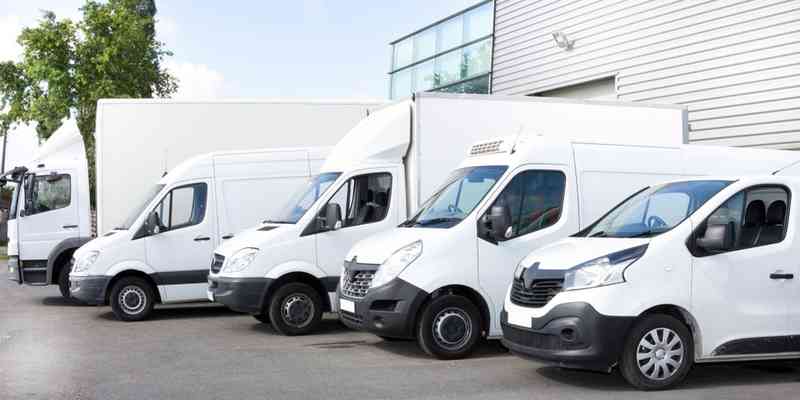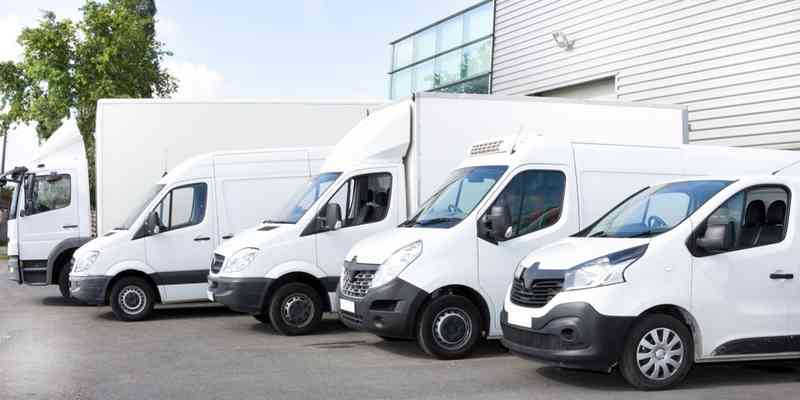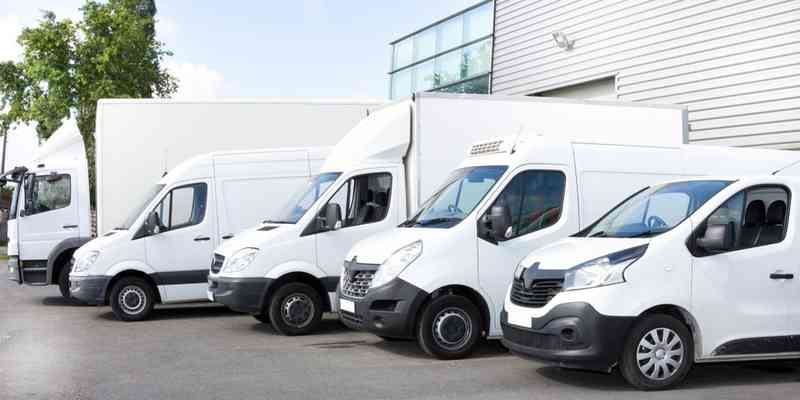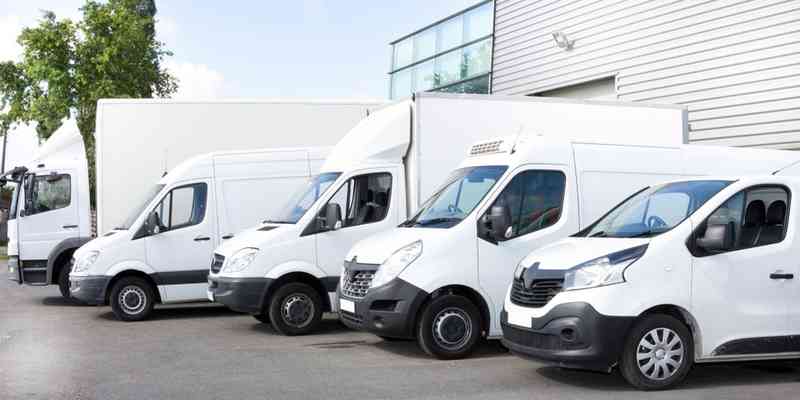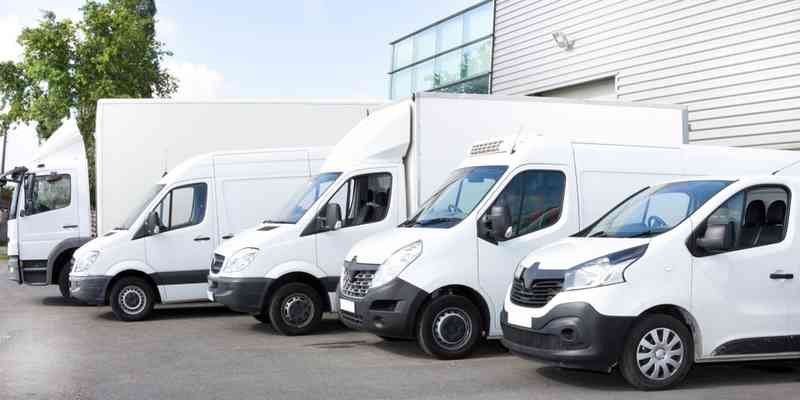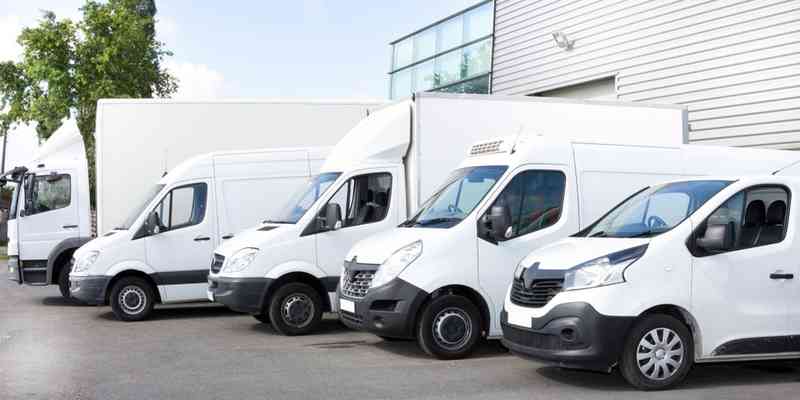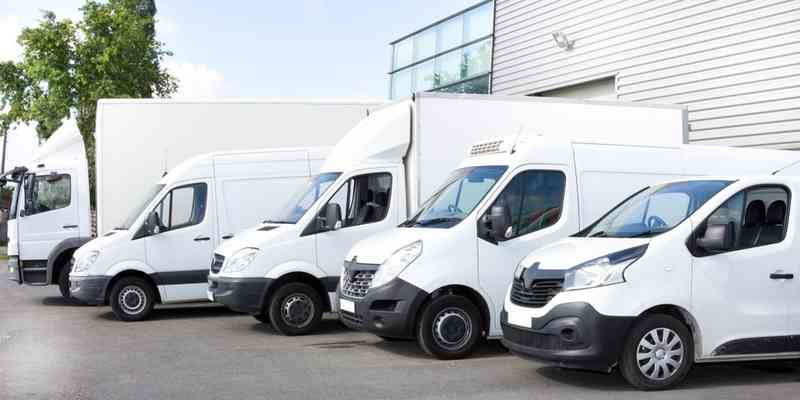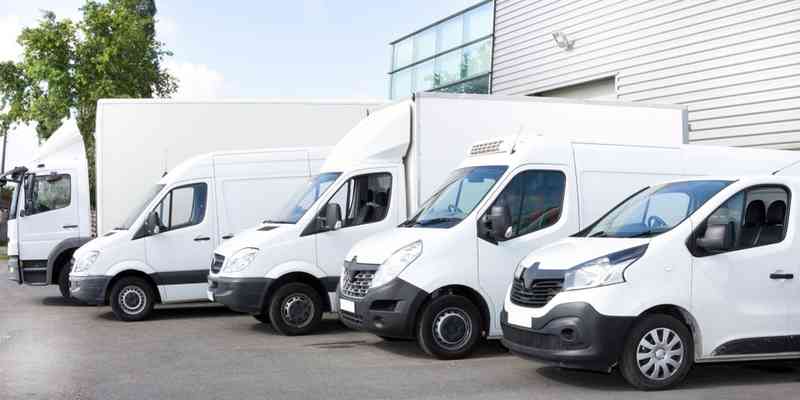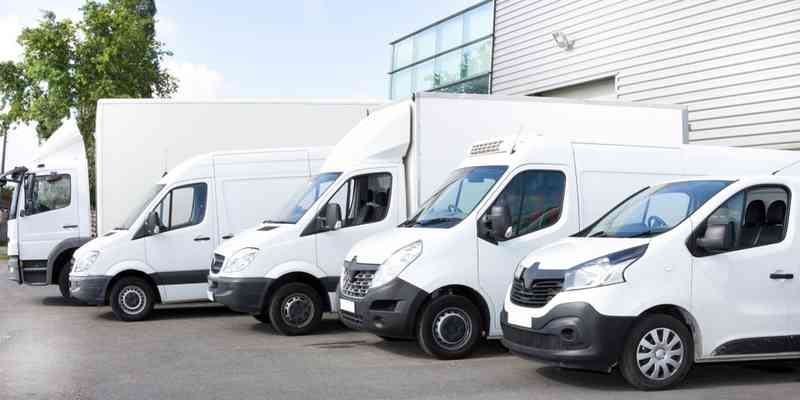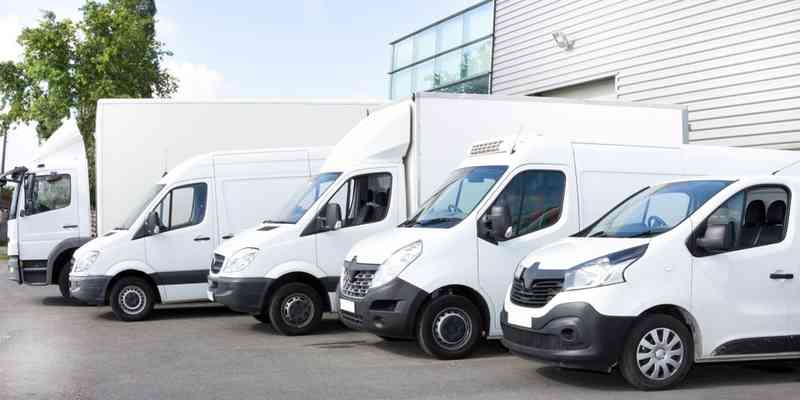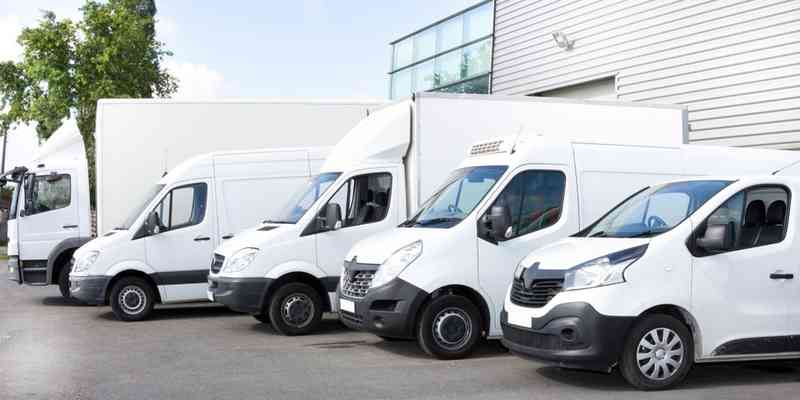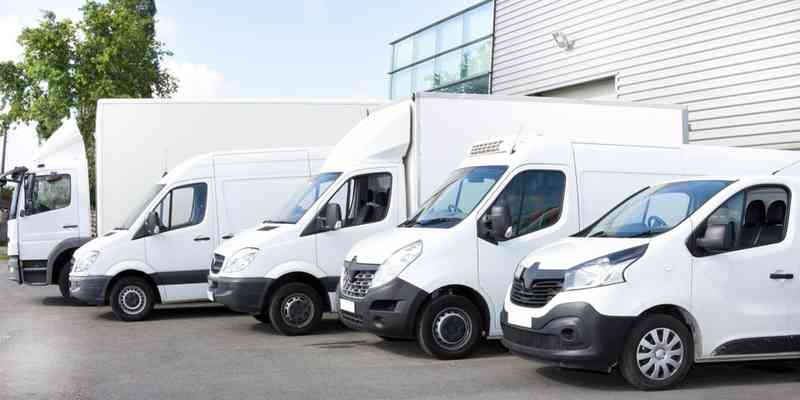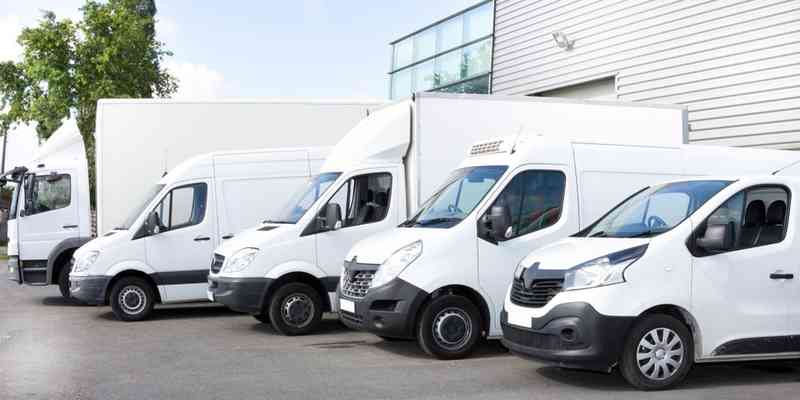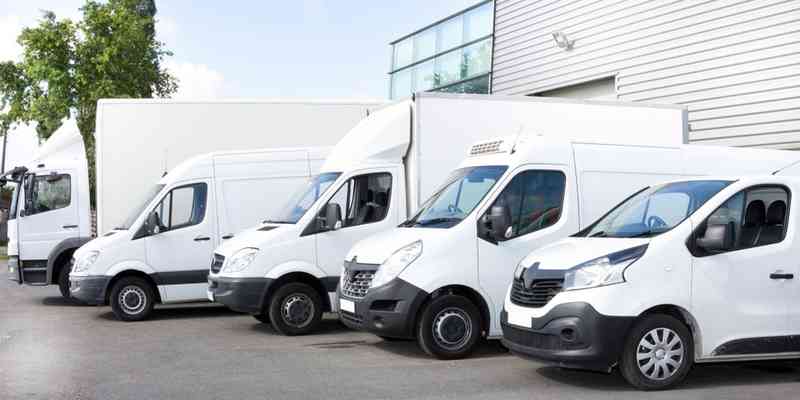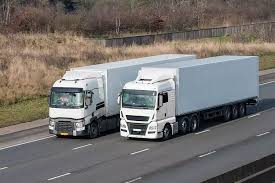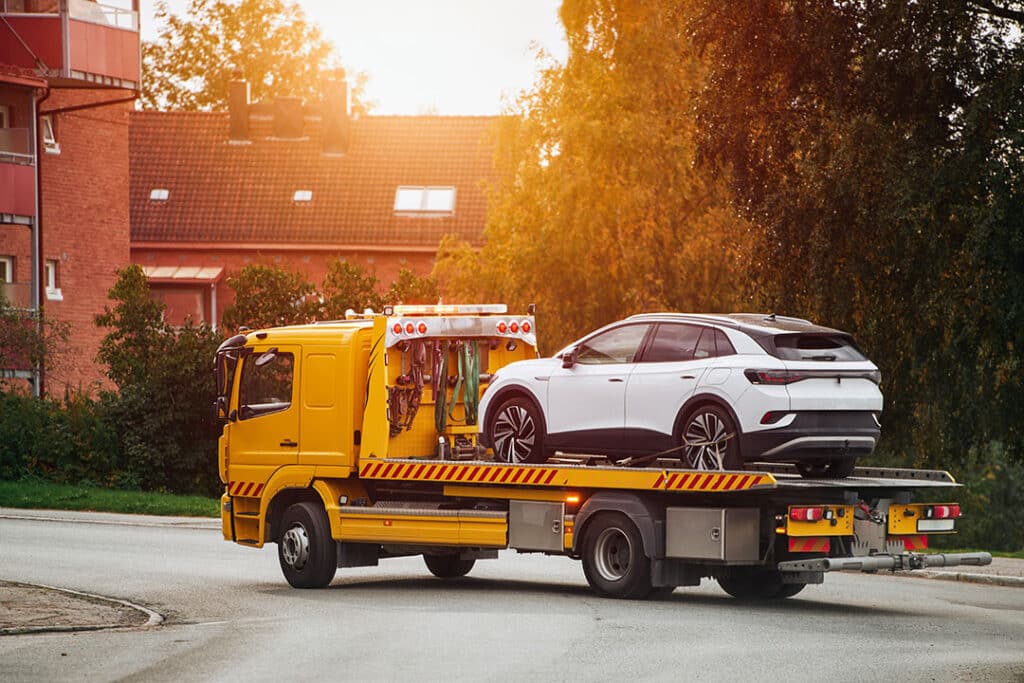Commercial Vehicle Insurance for Tradesmen: Essential Coverage
As a tradesman, your vehicle is more than just transportation – it's your mobile office, tool storage, and the lifeline of your business. Whether you're a plumber rushing to an emergency call, an electrician carrying expensive equipment, or a carpenter transporting materials to job sites, your commercial vehicle needs specialized insurance protection that goes far beyond standard car insurance.
Why Standard Car Insurance Isn't Enough
Many tradesmen make the costly mistake of assuming their personal car insurance will cover business use. This couldn't be further from the truth. Using your vehicle for trade purposes without proper commercial coverage could void your policy entirely, leaving you exposed to significant financial risk.
Personal car insurance typically excludes:
- Business use of the vehicle
- Tools and equipment carried in the vehicle
- Liability for work-related activities
- Goods in transit coverage
- Higher mileage associated with trade work
Essential Coverage Types for Tradesmen
1. Commercial Vehicle Insurance
This forms the foundation of your protection, covering:
- Third-party liability: Mandatory legal requirement covering damage to other people's property and injury claims
- Comprehensive coverage: Protection against theft, vandalism, fire, and weather damage
- Collision coverage: Repairs to your vehicle after accidents
2. Tools and Equipment Cover
For tradesmen, tools are often worth thousands of pounds. This coverage protects:
- Hand tools and power tools
- Specialized equipment
- Replacement costs for stolen or damaged items
- Coverage both in the vehicle and at job sites
3. Goods in Transit Insurance
Essential for tradesmen carrying materials, this covers:
- Building materials and supplies
- Client property being transported
- Finished goods and components
- Protection during loading and unloading
4. Public Liability Insurance
Crucial protection covering:
- Injury to members of the public
- Damage to client property
- Legal defense costs
- Compensation claims
5. Employers' Liability Insurance
If you employ staff or subcontractors:
- Legal requirement if you have employees
- Covers workplace injury claims
- Protects against compensation costs
Industry-Specific Considerations
Electricians
- Higher tool values require increased coverage limits
- Specialized equipment like testing instruments
- Risk of electrical damage claims
Plumbers
- Water damage liability concerns
- Emergency call-out coverage
- Pipe and fitting materials protection
Carpenters and Joiners
- Expensive power tools and machinery
- Timber and materials in transit
- Workshop equipment coverage
Builders and General Contractors
- Heavy machinery and plant equipment
- Multiple vehicle fleet considerations
- Subcontractor liability issues
Legal Requirements and Compliance
All commercial vehicles must have:
- Valid MOT certificate
- Road tax
- Minimum third-party insurance
- Appropriate driving licenses for vehicle class
Failure to comply can result in:
- £300 fixed penalty and 6 penalty points
- Unlimited fines in court
- Vehicle seizure
- Driving disqualification
Factors Affecting Your Premium
Vehicle-Related Factors
- Vehicle age, make, and model
- Security features and modifications
- Annual mileage
- Overnight parking location
Business Factors
- Type of trade work
- Geographic operating area
- Claims history
- Number of drivers
Driver Factors
- Age and experience
- Driving record
- Qualifications and certifications
Money-Saving Tips
1. Choose the Right Vehicle
- Consider insurance costs when purchasing
- Opt for vehicles with good security ratings
- Avoid high-performance modifications
2. Improve Security
- Install alarms and immobilizers
- Use secure overnight parking
- Consider tracking devices
3. Manage Your Risk
- Maintain clean driving records
- Implement driver training programs
- Regular vehicle maintenance
4. Bundle Your Policies
- Combine vehicle and liability insurance
- Multi-vehicle discounts
- Business insurance packages
Choosing the Right Policy
Assess Your Needs
- Evaluate your tool and equipment values
- Consider your typical cargo
- Assess your liability exposure
Compare Providers
- Specialist trade insurers vs. general providers
- Policy terms and exclusions
- Claims handling reputation
Review Regularly
- Annual policy reviews
- Adjust coverage as business grows
- Update for new equipment or vehicles
Common Exclusions to Watch For
Be aware of typical policy exclusions:
- Racing or competitive events
- Drink or drug driving
- Unlicensed drivers
- Overloading beyond vehicle limits
- Using vehicle for purposes outside policy scope
Making a Claim
Immediate Steps
- Ensure safety of all parties
- Contact emergency services if needed
- Document the scene with photos
- Exchange details with other parties
- Report to police if required
- Contact your insurer immediately
Required Information
- Policy number and details
- Date, time, and location of incident
- Description of what happened
- Contact details of all parties
- Witness information
- Photos of damage
The Cost of Being Uninsured
Operating without proper commercial vehicle insurance can result in:
- Personal liability for all damages
- Legal costs and court fees
- Business closure
- Criminal prosecution
- Difficulty obtaining future insurance
Future-Proofing Your Coverage
As your trade business grows, consider:
- Fleet insurance for multiple vehicles
- Increased coverage limits
- Additional driver coverage
- International coverage for overseas work
Why Professional Advice Matters
Commercial vehicle insurance for tradesmen involves complex considerations that vary by trade, location, and business size. Professional insurance brokers can:
- Assess your specific risks
- Compare multiple providers
- Negotiate better terms
- Provide ongoing support
Conclusion
Commercial vehicle insurance isn't just a legal requirement – it's essential protection for your livelihood. The right coverage protects your vehicle, tools, business, and financial future. Don't risk everything by operating with inadequate insurance.
Every tradesman's needs are different, and finding the right coverage requires expert guidance. The investment in proper commercial vehicle insurance is minimal compared to the potential costs of being inadequately covered.


 0330 127 2333
0330 127 2333
